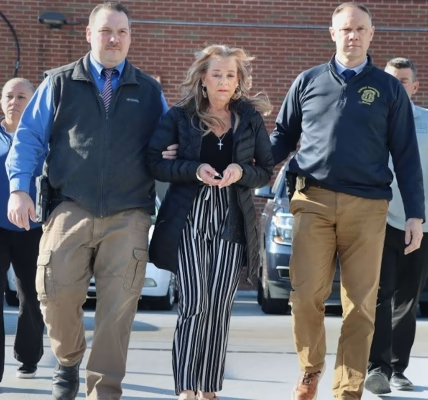Elon Musk at the CPAC conference on Feb. 20 in Oxon Hill, Md.Andrew Harnik / Getty Images
Through DOGE, President Donald Trump and Elon Musk started mass government layoffs, creating apprehension among legislators about how this would impact future professional recruitment for public service positions. The workforce reductions affecting thousands of public servants pose a significant barrier to hiring college graduates and experienced specialists for federal government positions.
Concerns Over Recruitment and Retention
Political leaders from both parties demonstrate concern about the permanent effects that DOGE will create through its extreme budget reductions. Reducing civil service staff operates as a conscious strategy, according to Senator Tim Kaine (D-Va.), who represents Virginia in the Senate. According to Kaine, the leadership at DOGE faces enormous recruiting complications because of its current strategy. The department’s strategy toward downsizing does not seem accidental to me. According to employee reports, DOGE’s leadership knows that staffing reductions are a planned outcome that does not concern them.
Senator Chris Van Hollen (D-Md.) from Maryland, which serves as home to thousands of federal workers, observed the approach has been crafted to eliminate future civil servants. According to Van Hollen, who comes from a family background in federal service, the hiring restrictions will make public employment less appealing to prospective government recruits, thus deteriorating operational capabilities.
The policy decision challenges students and young officials who want to enter federal service.
The recent DOGE layoffs create substantial doubt among students interested in government employment. The Georgetown University senior who performed federal government intern work revealed she intended to work full-time in public service following graduation. Given her agency’s hiring freeze and budget cuts, she has started exploring other opportunities because private sector consulting and technology have become her main options.
The students expressed deep affection toward their job because it created specific results for actual people. Currently, federal employment is no longer an option.
The Political Fallout
The budget cuts received strong criticism from areas beyond Washington DC’s Capitol building. The carry-over officials and public service defenders who previously worked in the Biden administration claim that these layoffs serve as a deliberate method to generate “traumatic” harm to government workers based on the information from Russ Vought’s 2023 speech, which now functions as head of the Office of Management and Budget (OMB). During his speech, Vought warned that a potential second term under Trump needs to apply “trauma” directly toward bureaucrats because they should not continue public service professions.
The White House Administration and DOGE explained the decision to cut bureaucrats.
The Trump administration supports the budget cuts by stating that they have appointed more than 2,000 officials during their first two months in office, including MAGA representatives such as Russ Vought, Tom Homan, and Kari Lake. The current administration under the White House places priority on both loyalty and operational efficiency before the expansion of bureaucracy.
The End of Federal Career Pipelines
The Trump administration took further steps to eliminate essential recruitment initiatives that enabled young talent to become federal workers. Executive Order 2025-02 marked the end of the Presidential Management Fellows Program, a whimsical government recruitment program since its establishment.
Van Hollen expressed his surprise by saying that limited access for young individuals to serve the country is a current policy. “That’s the message they’re sending.”
Future Implications
The rapid reduction of federal government personnel created opportunities for a future exodus of national civil servants. Private-sector organizations provide better career benefits and job stability, so they pull many aspiring young professionals away from public service roles.
The future impact of the budget cuts stands uncertain because defenders of federal programs and political representatives actively oppose these reductions. Despite everything, the future of top talent recruitment in government service is currently facing an imminent crisis.




